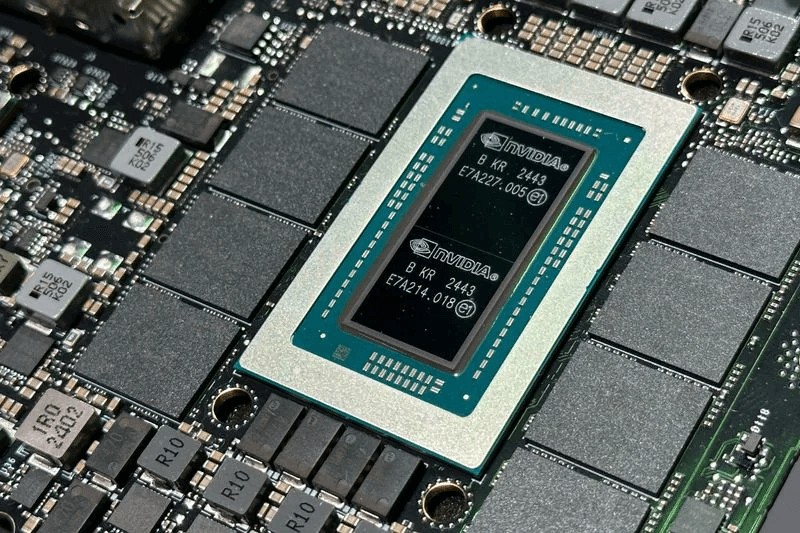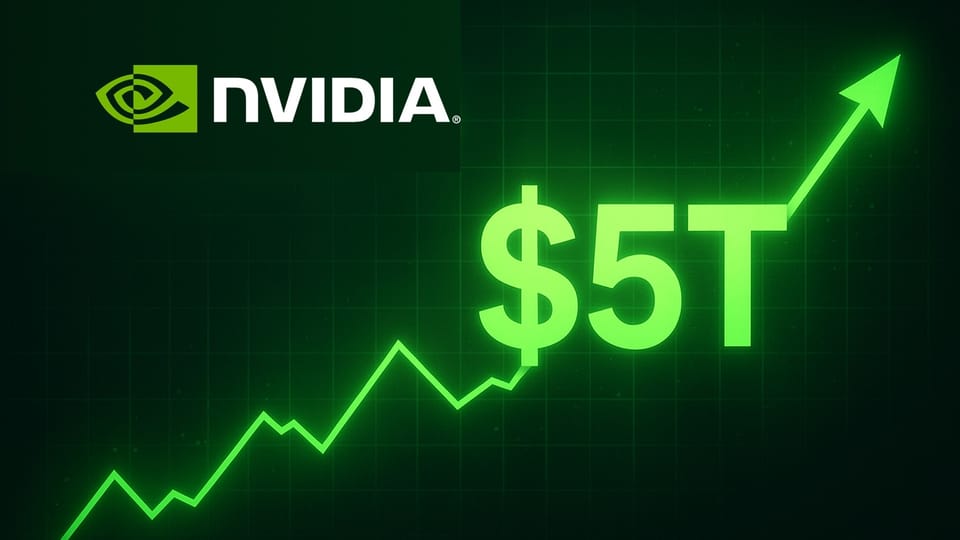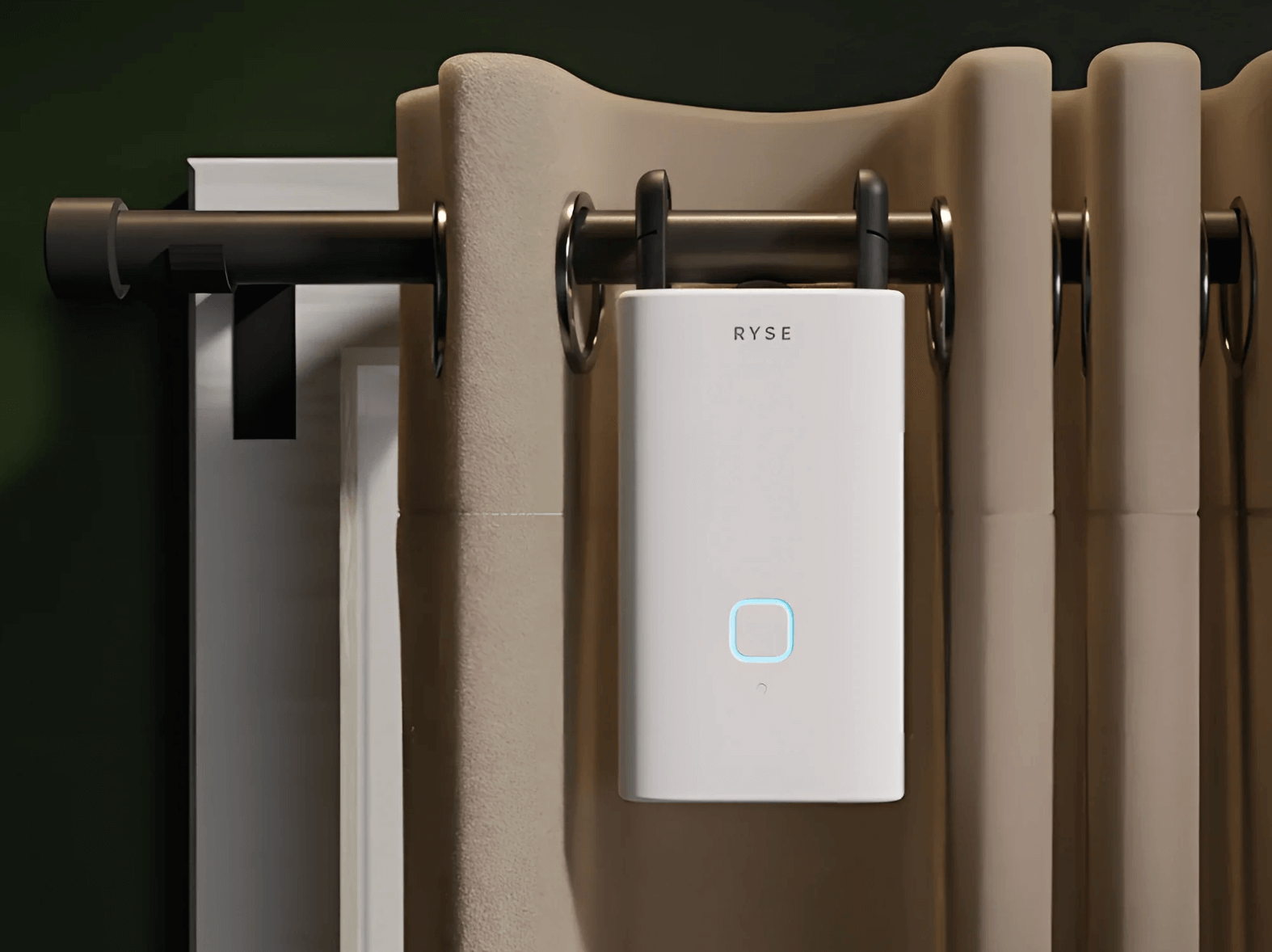Small Models, Big Wins?


What if Small Models Win Big?
(By Neil Balthaser, simplified and adapted by Matt Masinga for Credtrus AI)
Neil, I simplified your piece to fit the voice of Credtrus AI; funny and a little dangerous.
Let me know if I'm on the right track. Either way, congrats, we'll pay you $750 for this article within 48 hours.
The Article
Let’s be real... Trying to run your whole startup with one giant, all-knowing AI model is like hiring one intern to do every job at once; CEO, accountant, coder, therapist, and barista. You can call it “efficient,” but it’s really just chaos wearing an OpenAI hoodie.
Instead of chasing “The One Model to Rule Them All,” imagine hiring a small A-team of specialists. Each one does one job, perfectly. One reads your task (Intent), one remembers what matters (Pins), one decides how to talk (Posture), one picks which brain to use (Router), and one stitches it all together into a clean, confident answer (Synthesizer).
It’s like a Formula 1 pit crew for your startup: five seconds, no drama, wheels tight.
Here’s the unpopular truth: Big models are incredible at writing poems about your startup’s “mission” and terrible at actually running it. They’re slow, vague, and allergic to accountability.
Ask a frontier model for a quick investor update and it’ll hand you a heartfelt TED Talk about “resilience in uncertain times.” Cute, but your investor just wanted numbers, not therapy.
Small specialist models, on the other hand, are built for focus. They don’t waste time summarizing your Slack history or hallucinating fake revenue. They get to the point, check their facts, and tell you what’s missing before you embarrass yourself on the next all-hands call.
Now let’s stir the pot a bit. Benchmarks? They’re gym selfies for AI companies. Impressive lighting but no practical strength. Context windows? Just fancy talk for “we gave the model a bigger backpack because it can’t remember things properly.” And the “bigger is better” narrative? That’s just Silicon Valley’s favorite bedtime story.
The truth is, monoliths still have their place, they’re great for open-ended creativity, discovery, or brainstorming the name of your future yacht. But when you’re running a business, you don’t want inspiration; you want execution. You want speed, consistency, and receipts you can defend when someone asks, “Why did the AI say that?”
And before anyone starts fact-checking me, yes... Modern large models are way smarter than the memes suggest. They can count the Rs in “strawberry” now, and some even handle logic like pros. But scale still doesn’t guarantee sanity. The problem isn’t intelligence; it’s focus. Big brains drift, small crews deliver.
So build the crew, declare your Intent clearly, pin only what matters, and pick your Posture before typing. Route smart, synthesize clean. Stop stuffing your entire company history into one prompt like a Thanksgiving turkey and hoping the AI won’t choke.
Because in the end, small models don’t just win, they ship.
Short Video From Neal
Neil Balthaser, Founder @ HelloPartner.ai
*Disclaimer: The content in this newsletter is for informational purposes only. We do not provide medical, legal, investment, or professional advice. While we do our best to ensure accuracy, some details may evolve over time or be based on third-party sources. Always do your own research and consult professionals before making decisions based on what you read here.




